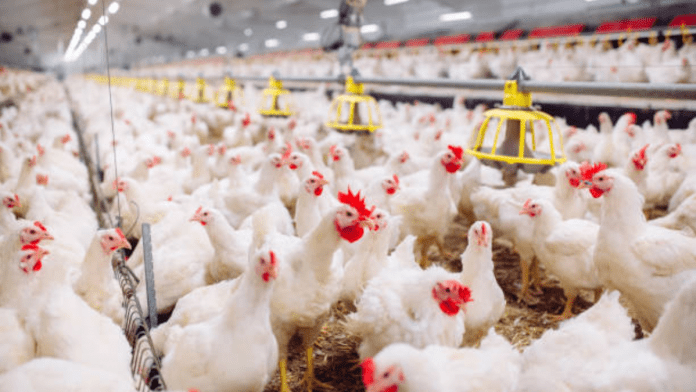News In Brief:
– China lifts anti-dumping tariffs on Brazilian chicken, effective from February 17, bringing relief to Brazilian farmers and opening new market opportunities.
– Despite facing tariffs since 2019, Brazilian poultry exports to China increased by 19.7% in 2023, reaching $1.61 billion, showcasing the resilience of the Brazilian poultry industry.
China recently announced the lifting of anti-dumping tariffs on Brazilian chicken, a move welcomed by both nations. The decision, effective since February 17, comes after years of trade tensions and negotiations between the two countries.
This development brings relief to Brazilian poultry farmers who have been adversely affected by the tariffs imposed since 2019. With rates ranging from 17.8% to 34.2% depending on the exporter, Brazilian companies faced challenges in maintaining competitiveness in the Chinese market.
For local farmers, this decision opens up new opportunities and markets. With China being a significant importer of poultry meat, the removal of tariffs is expected to boost exports and positively impact the Brazilian agricultural sector. Increased trade can lead to higher demand, better prices, and improved livelihoods for farmers across the country.
Navigating trade regulations
The lifting of tariffs is attributed to proactive efforts by Brazilian authorities in engaging with their Chinese counterparts. Active coordination and bilateral cooperation initiatives paved the way for this favorable outcome, signaling a strengthened relationship between the two nations.
Despite the challenges posed by the anti-dumping duties, Brazil witnessed a steady increase in poultry meat exports to China. In 2023 alone, exports amounted to $1.61 billion, marking a significant surge of 19.7 percent from the previous year. This upward trend underscores the resilience and competitiveness of the Brazilian poultry industry.
Anti-dumping measures, authorised by the World Trade Organization (WTO), aim to prevent unfair competition and protect domestic industries. However, their removal requires rigorous proof of adherence to trade regulations. Brazilian authorities have successfully demonstrated compliance, leading to the cessation of tariffs and a positive outlook for future trade relations.



